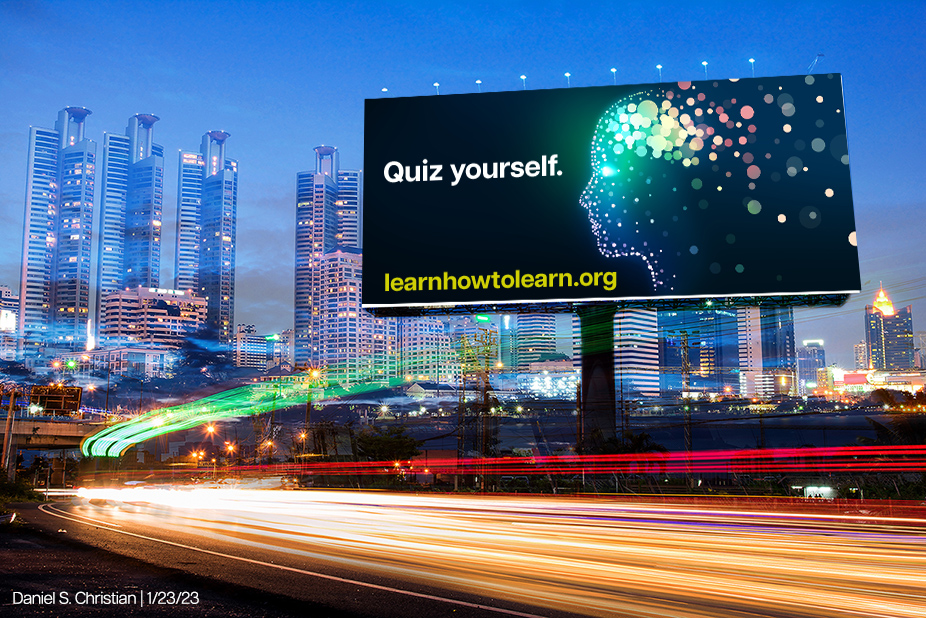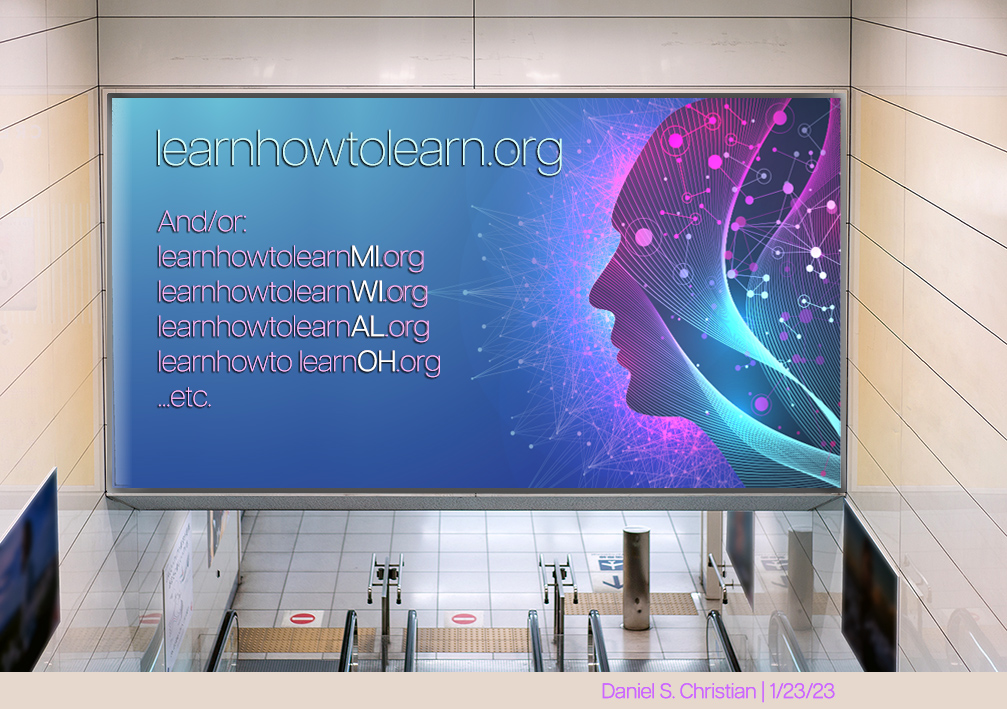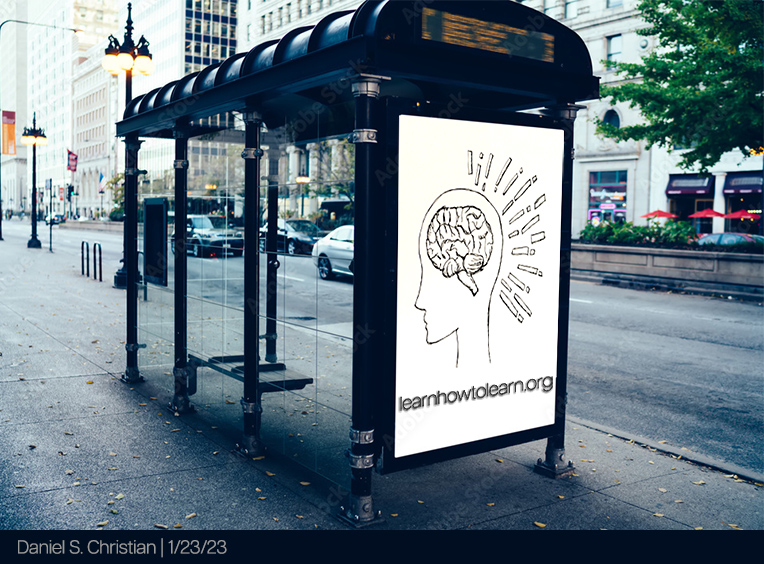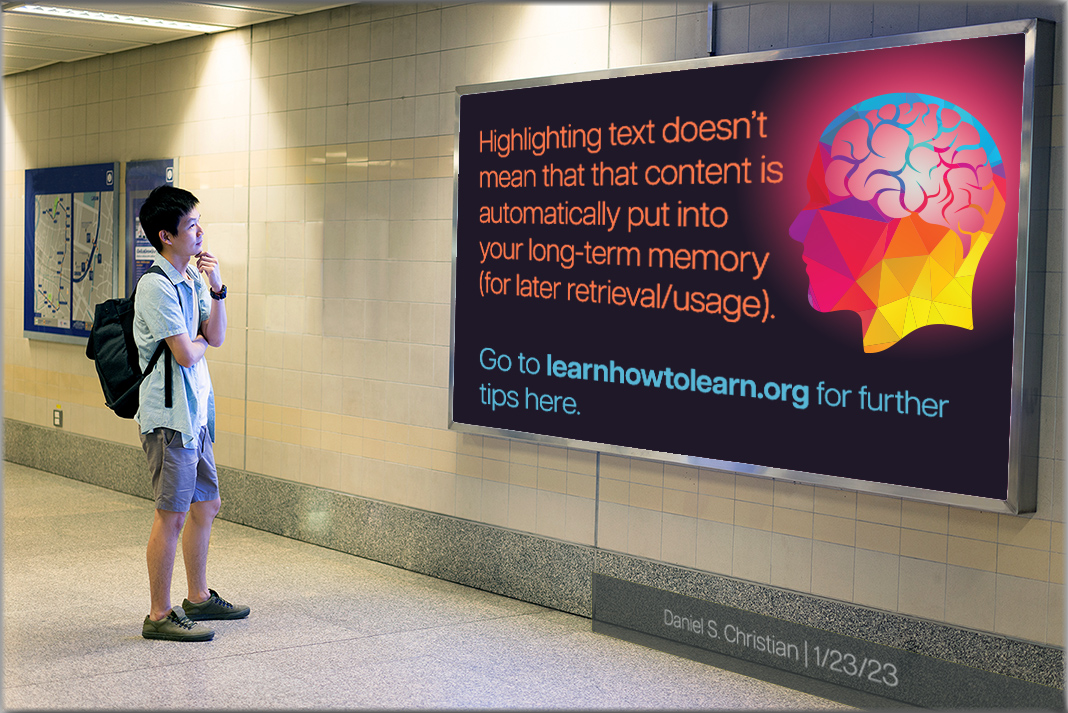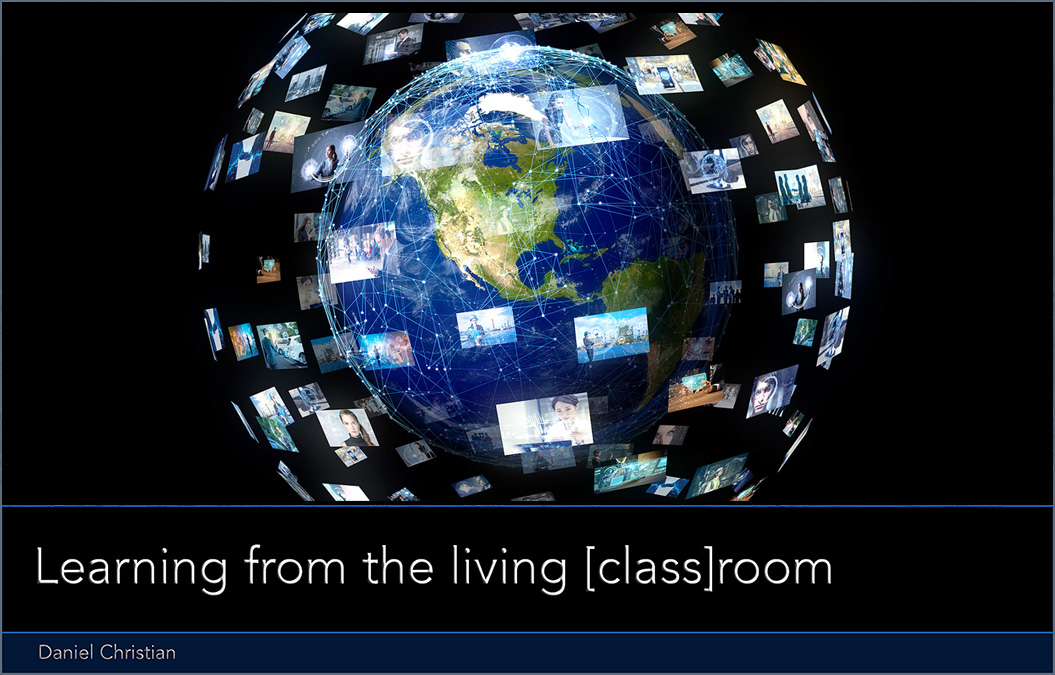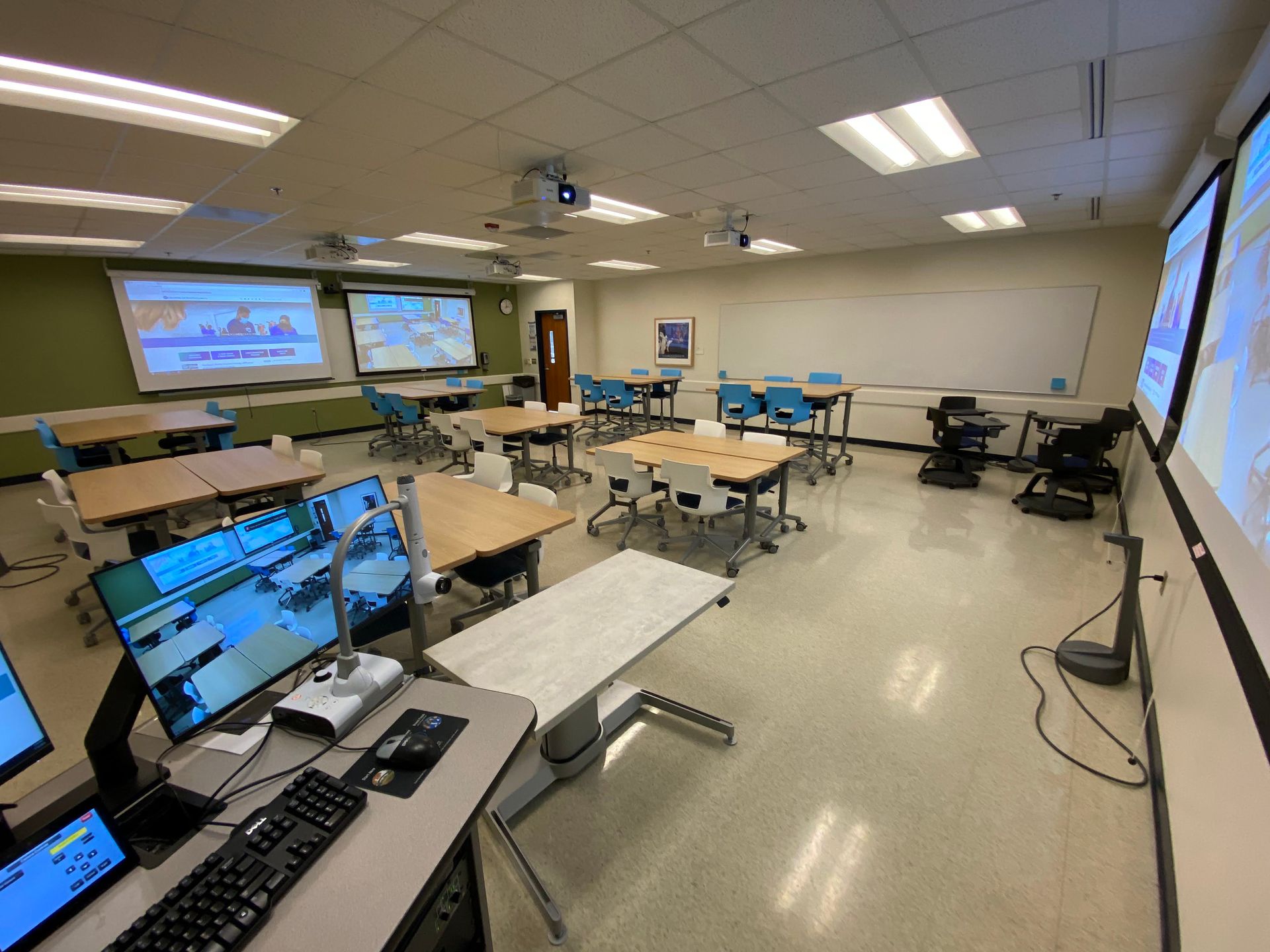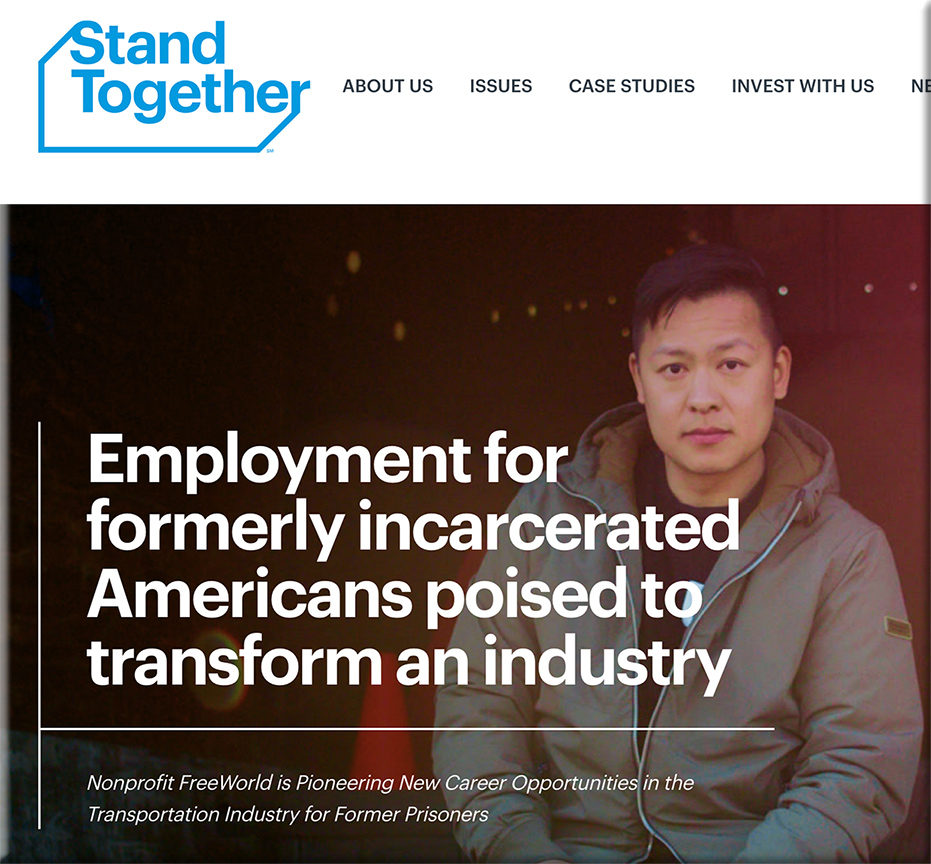Infinite AI Interns for Everybody — from wired.com by Matt Clifford; via Sam DeBrule
These assistants won’t just ease the workload, they’ll unleash a wave of entrepreneurship.
Excerpt:
Excitingly, though, there’s also a new generation of startups that are demonstrating that you don’t need a billion-dollar budget to get to the cutting edge of AI. Take Midjourney or Stability AI, applications which produce results that rival DALL-E, or Causaly (disclosure: I’m an investor), which allows scientists to find new causal relationships in life sciences with natural language questions. Then there is a growing list of new AI startups with impressive backers and more general ambitions, like Anthropic (an AI safety and research firm), Conjecture (which seeks to keep damaging factors such as racial bias out of AI), and Keen Technologies, which was founded by computer science legend John Carmack.
Just as the advent of the internet gave every startup a vastly scalable distribution engine, the era of AI superpowers will give every startup a vastly scalable production engine.









